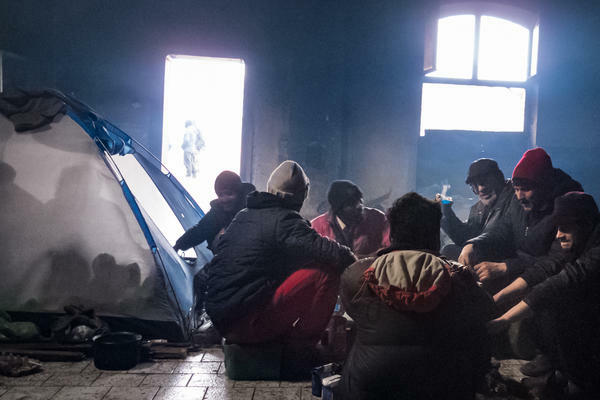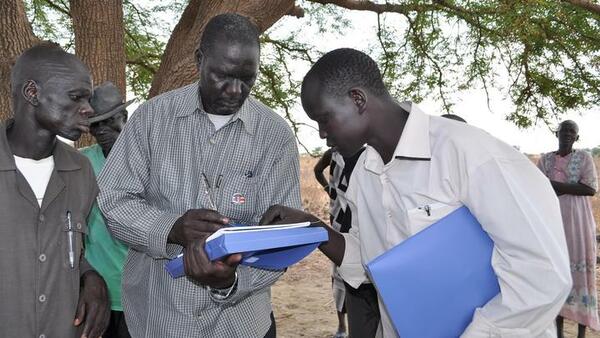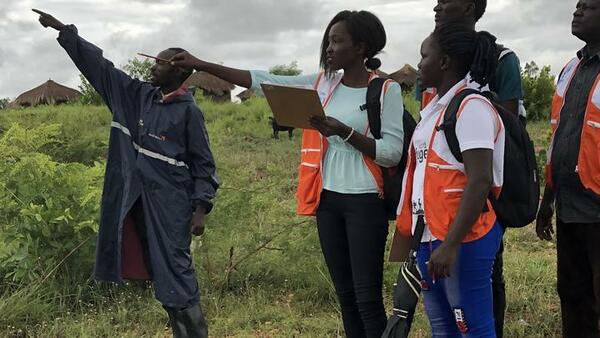
METRe
Monitoring and Evaluation Technical assistance and Research
The METRe Group at the Liverpool School of Tropical Medicine was established in 2010. This multi-disciplinary group led by Professor Joseph Valadez was created to provide technical assistance and build capacity in low resource countries on how to effectively collect, analyse and use quality data to guide decision making for health programmes and policies.
The groups’ main scope of work includes;
- Development of innovative tools for monitoring of health programs
- Development and expansion of the use of Lot Quality Assurance Sampling (LQAS)
- Accessing difficult to reach populations (for example commercial sex workers) through the use of Respondent Driven Sampling (RDS)
- Disease monitoring including; HIV, TB, malaria, and major childhood illnesses (e.g. malnutrition, pneumonia and diarrhoea)
- Child health programme assessment
- Health facility assessment
- Health policy and national health strategy development
- Health system bottle-neck analysis which aims to identify problems within a health system that limit effective service delivery
- Epidemiological research on disease burden and spread
- Research on the use of sampling methods and health system strengthening

METRe works closely with a wide array of international agencies such as: DFID, USAID, European Commission, UNICEF, WHO and UNAIDS.
The group specialises both in the development of practical tools for assessment, and their use. The main focus of the group is to improve health systems and health care outcomes through integrating effective and practical tools for monitoring through strong training and follow-up strategies. METRe is committed to developing local capacity to undertake this work, and uses a Learning By Doing approach for this purpose. Research is an on-going component of the work of the METRe group who strive to ensure that monitoring strategies are evidence-based and successfully impact on health care.
Right: A History of Community Primary Health Care: Professor John Wyon
LQAS: EMPOWERING COMMUNITY HEALTH
Professor Valadez pioneered the Lot Quality Assurance Sampling method during the mid-1980s while a member of the Harvard faculty. LQAS is now used internationally and recently LQAS has been integrated with cluster sampling for applications in large countries.
LQAS has emerged as a practical management tool for conducting baseline surveys and monitoring health services and health needs. Advantages of the methodology include the following:
- LQAS sampling procedures and analyses are relatively simple and the findings can be used immediately by local managers and health workers.
- The data from individual Supervision Areas (SA) can be aggregated into an estimate of coverage for the entire program Catchment Area (CA).
- Only a small sample is needed to classify an SA as not having reached the average coverage of the CA or a predetermined target.
In the 1990s, the World Health Organization recommended the use of LQAS for monitoring immunization programs in low-income countries, and in 2003, the Uganda Ministry of Health and the World Bank introduced LQAS for monitoring key public health indicators in communities.
The LQAS Generic Toolkit
The following tools were developed in collaboration with UNICEF to support the planning, carrying out and analysis of LQAS surveys. They focus on maternal and child health and include:
- Sampling frame calculator, detailed implementation plan and budget template to help plan your survey.
- Indicator lists and seven modular generic questionnaires for maternal and child health and community health workers that you can adapt for your survey
- Hand tabulation sheets for each of the questionnaires and a standard reporting format to help you analyse your survey
Assessing refugee health in long term settlements in Northern Uganda
This project, led by METRe, addressed the need for access to reliable information which is critical for both effective coordination among humanitarian partners, and the provision of quality health services in refugee settlements.







